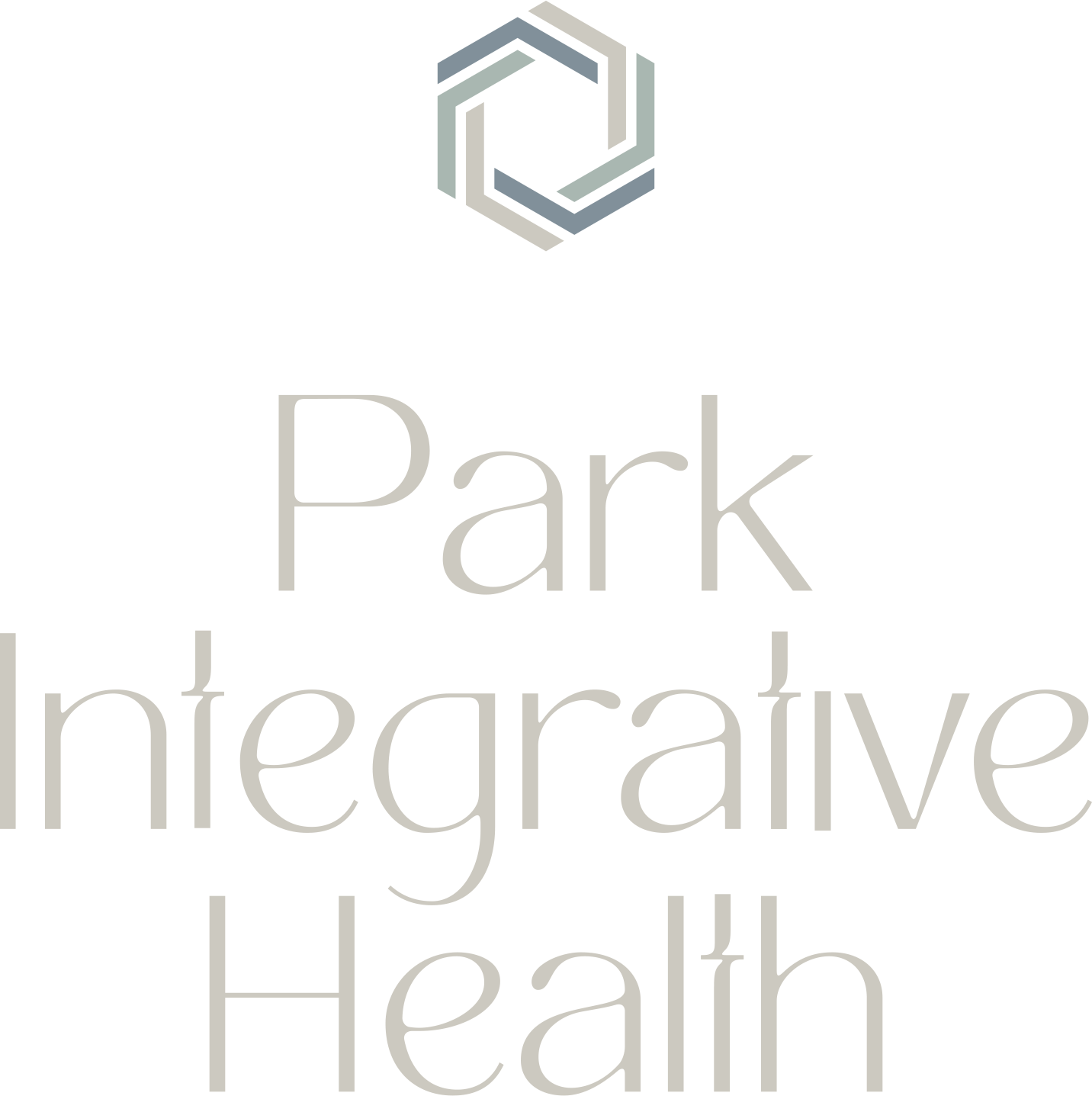How integrative pediatric care is changing children’s health
At Park Integrative Health (PIH) and Synapse, we believe that children flourish when care addresses body, mind, and overall development, not just symptoms. Families across the Edmonton region turn to pediatric integrative care because it offers personalized, evidence-based support for their growing kids.
You'll often hear us touting the benefits of integrative care (and they are a plenty!), but here are a few ways that integrative health care is especially great for the little ones.
1. Treating the whole child, not just the presenting issue
As with adults, traditional care often focuses on diagnosing and managing one condition. Integrative pediatric care looks at the whole picture — nutrition, sleep, movement, emotions, environment — and collaborates with parents to promote balanced development over time. This long-term, holistic focus builds resilience and supports lifelong wellness. Moreover, research shows that an integrative health approach improves overall functional outcomes in children with chronic or complex health needs. [1] [2]
2. Gentle, allied health therapies are supported by pediatric practice research
At Synapse and PIH, pediatric services like massage therapy for kids, osteopathic assessment, and pediatric chiropractic care or physiotherapy are integrated into care plans when appropriate. A narrative review of pediatric massage literature reports significant benefits across conditions in children aged 2–19, including accelerated weight gain in preterm infants, relief from GI discomfort, improved motor and cognitive development, reduced anxiety, and enhanced immune response. [3]
3. Coordinated, family-centred teamwork
Integrative models emphasize collaboration between health care providers and families. This approach fosters continuity of care and ensures that the clinic and home environments work together. Pediatric integrative care often involves physiotherapists, osteopaths, psychologists, and nutrition counsellors working together and with parents or caregivers to support the child holistically. This family-centred, integrated model enhances safety, information-sharing, and treatment effectiveness. [4] [5]
4. Prevention, early intervention, and lifelong foundations
Health is not just the absence of illness but active wellness. Integrative pediatric care emphasizes early habits in areas such as movement, sleep, and stress regulation, before problems escalate. In our clinics, our practitioners coach families in things like nutrition, posture, rest, and play. These strategies not only support school-age success but also reduce risk for anxiety, chronic pain, and other conditions later on in life. [6]
5. Real impact for chronic or developmental concerns
Children with ongoing issues like pain, digestive challenges, developmental delays, or anxiety benefit most from multiple disciplines working together. Integrated services (such as pediatric massage, movement therapy, and pediatric physiotherapy) consistently yield better outcomes than isolated medical interventions alone. [7]
Why choose integrative pediatric care? How will I know if it's right for my child?
Families seeking care at PIH or Synapse choose an approach that is calm, coordinated, and rooted in research. Services are intentionally tuned to little bodies and minds, and delivered through play-based assessments, gentle touch interventions, and movement supports.
Whether a child is navigating developmental milestones, anxiety, coordination issues, or recovering from illness, pediatric integrative health care offers a personalized, evidence-informed model that nurtures long-term wellness and not simply a band-aid solution.
If you’re a Sherwood Park or Edmonton parent curious about how integrative care could support your child, consider starting with a Client Care Consultation. It's a no-cost opportunity to explore the right path for your child’s well-being.
Between our two clinics, PIH and Synapse, we offer a wide variety of pediatric services, including:
Pediatric osteopathy
Pediatric massage therapy
Pediatric acupuncture
Pediatric speech and language pathology
Rediatric registered and provisional psychology
Pediatric occupational therapy
Pediatric chiropractics
Pediatric physiotherapy
Any of these can be booked through our website.
——
Supporting sources:
[1] The Rising Role of Integrative Medicine: Bridging Conventional and Holistic Care https://www.childneurologysociety.org/research-focus/the-rising-role-of-integrative-medicine-bridging-conventional-and-holistic-care
[2] Integrative Pediatric Care: Parents' Attitudes Toward Communication of Physicians and CAM Practitioners https://publications.aap.org/pediatrics/article-abstract/127/1/e84/30116/Integrative-Pediatric-Care-Parents-Attitudes
[3] Pediatric Massage Therapy Research: A Narrative Review https://pmc.ncbi.nlm.nih.gov/articles/PMC6617372/
[4] Interest and need for continuing medical education in pediatric complementary and integrative medicine: a cross-sectional survey from Switzerland https://bmccomplementmedtherapies.biomedcentral.com/articles/10.1186/s12906-022-03581-6?
[5] Pediatric Integrative Medicine: Vision for the Future https://pmc.ncbi.nlm.nih.gov/articles/PMC6111895/
[6] The Principles of Integrative Medicine: A Holistic Approach to Child Health https://www.cwdcenter.com/blog/1242688-the-principles-of-integrative-medicine-a-holistic-approach-to-child-health
[7] Comparative Effectiveness of Pediatric Integrative Medicine: A Pragmatic Cluster-Controlled Trial https://www.mdpi.com/2227-9067/8/4/311



